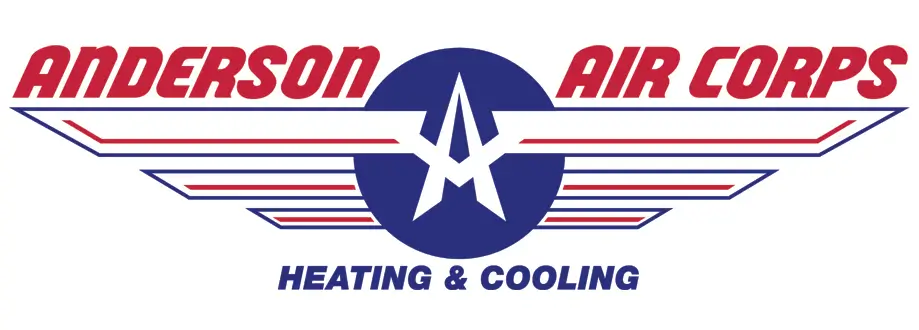Albuquerque summers can be brutal, with triple-digit days pushing your AC system to the limit. The reality is, most homeowners wait until their system completely fails before calling in the pros. By spotting the early warning signs, you can avoid emergency breakdowns, expensive repairs, and sleepless nights in a hot home. This guide covers the most common signs you need AC repair in Albuquerque—so you can act fast and stay cool.
Jump To:
TLDR – Quick Guide
- Weak airflow: Your system struggles to push enough cool air through vents.
- Strange noises or odors: Loud banging, grinding, or musty smells signal hidden issues.
- Warm air output: If the system blows warm or inconsistent air, refrigerant or compressor issues may be at play.
- Higher bills: A sudden spike in energy use means your AC is overworking.
- Frequent cycling: If your AC constantly turns on and off, something’s wrong with the system’s efficiency.
Detailed Breakdown: Signs You Need AC Repair in Albuquerque
1. Weak or Uneven Airflow
If some rooms in your home feel cooler than others, your AC system may have clogged ducts, a failing blower motor, or leaking air. Weak airflow not only reduces comfort but also forces your system to run longer, raising energy costs. Ignoring this problem will shorten the lifespan of your AC.
2. Strange Noises During Operation
Your air conditioner should run smoothly and quietly. Grinding, rattling, or banging noises often point to loose parts, worn bearings, or failing components. Catching these issues early prevents small problems from escalating into costly replacements.
3. Warm or Inconsistent Air
When your AC blows warm air, the culprit is often low refrigerant, a failing compressor, or restricted airflow. In Albuquerque’s intense heat, this can quickly become unbearable. A professional technician can diagnose and restore cooling performance.
4. Sudden Spikes in Energy Bills
A sudden rise in your monthly electricity bill is a clear red flag. It usually means your AC is working overtime due to inefficiencies, dirty coils, or mechanical wear. Repairing the issue quickly restores efficiency and helps you save money long-term.
5. Frequent Cycling or Constant Running
If your AC turns on and off every few minutes—or never seems to shut down—it signals a thermostat issue, electrical fault, or failing system component. Frequent cycling wastes energy and stresses your AC unit. Addressing the problem early prevents a complete breakdown.
Key Takeaways
- Spotting the signs you need AC repair in Albuquerque early saves money and prevents emergencies.
- Common warning signs include weak airflow, strange noises, warm air, higher bills, and frequent cycling.
- Timely repairs extend system life, improve comfort, and lower utility costs.
- Always call certified HVAC professionals for accurate diagnosis and safe, long-lasting repairs.
FAQs
How do I know if my AC problem is serious enough for repair?
If your AC shows repeated issues like poor cooling, loud noises, or higher bills, it’s worth calling a professional. Minor issues may seem manageable but often signal underlying problems. Addressing them early prevents bigger breakdowns.
How much does AC repair cost in Albuquerque?
Most repairs range from $150 to $900, depending on the part and complexity. Minor issues like thermostat fixes are cheaper, while compressor repairs cost more. A technician can provide an accurate estimate after inspection.
Can I troubleshoot AC issues myself before calling a pro?
You can check your thermostat, change filters, and clear debris around the outdoor unit. These simple steps sometimes fix airflow or efficiency issues. If problems persist, professional diagnosis is necessary.
What happens if I delay AC repair?
Delaying repairs often makes the issue worse, leading to higher costs. For example, a failing blower motor can damage other parts if ignored. Timely service protects both comfort and your wallet.
How often should I schedule AC maintenance?
At least once a year, preferably in spring before heavy summer use. Regular maintenance helps prevent common repair issues. It also improves efficiency and extends the system’s lifespan.
